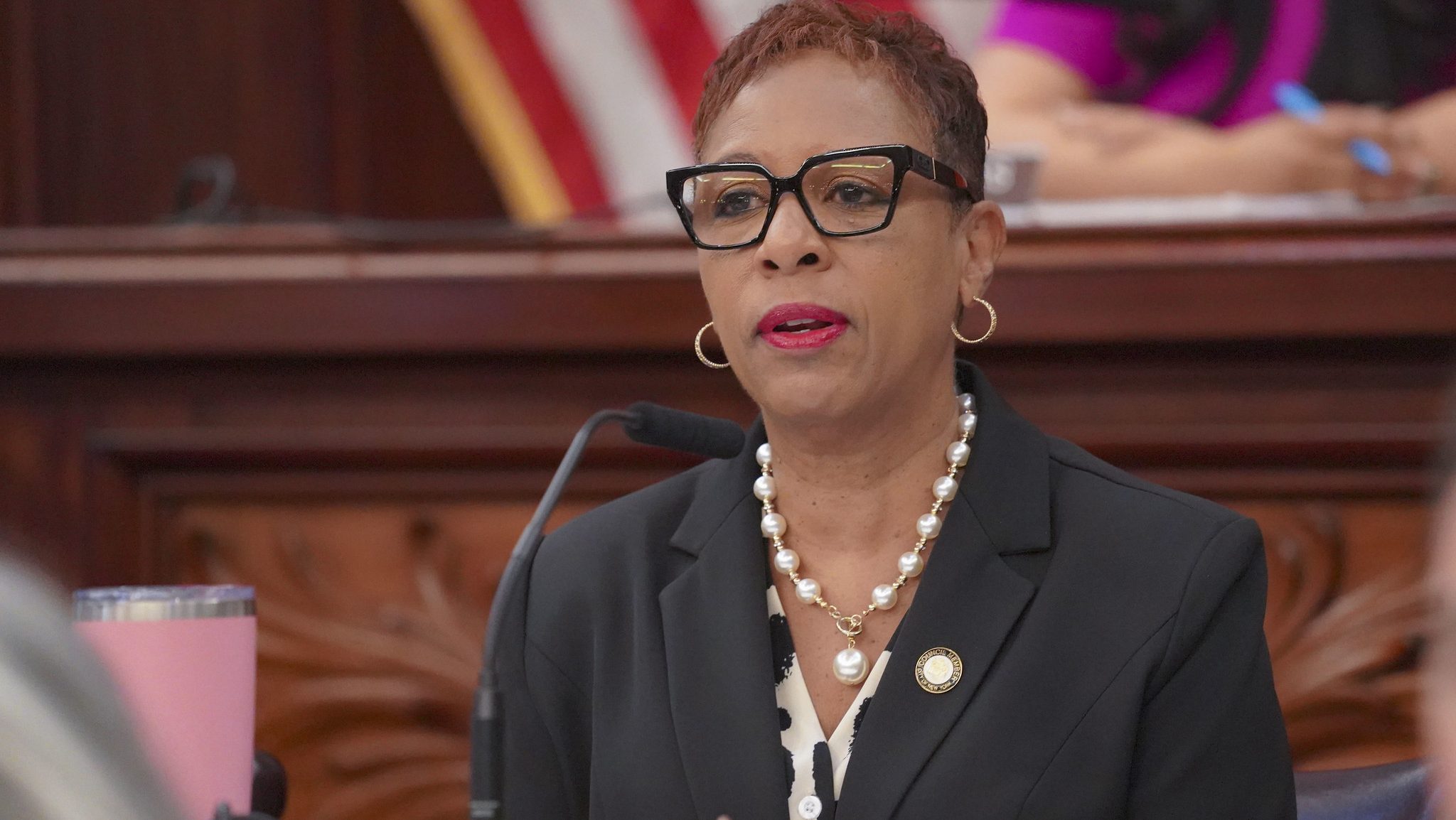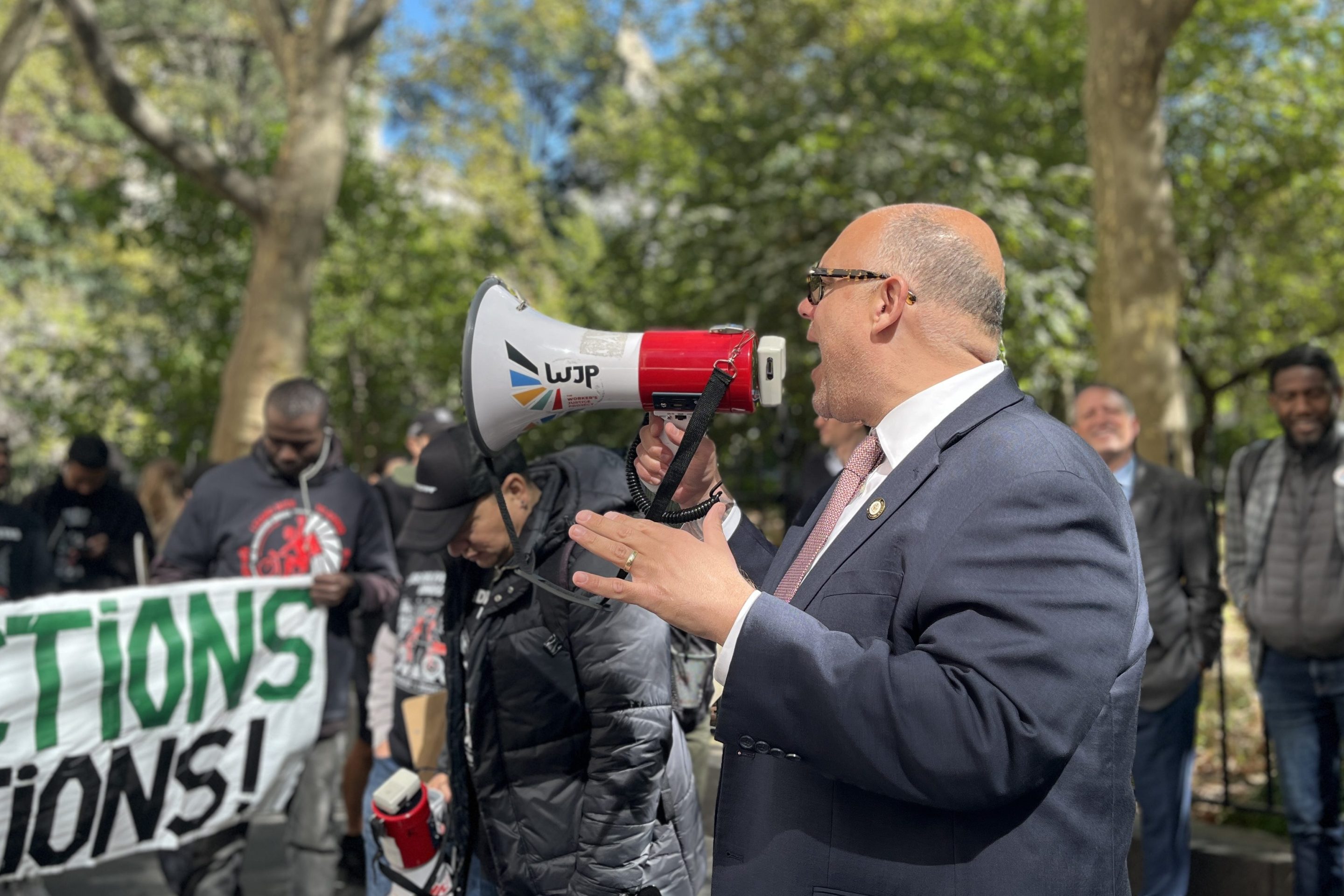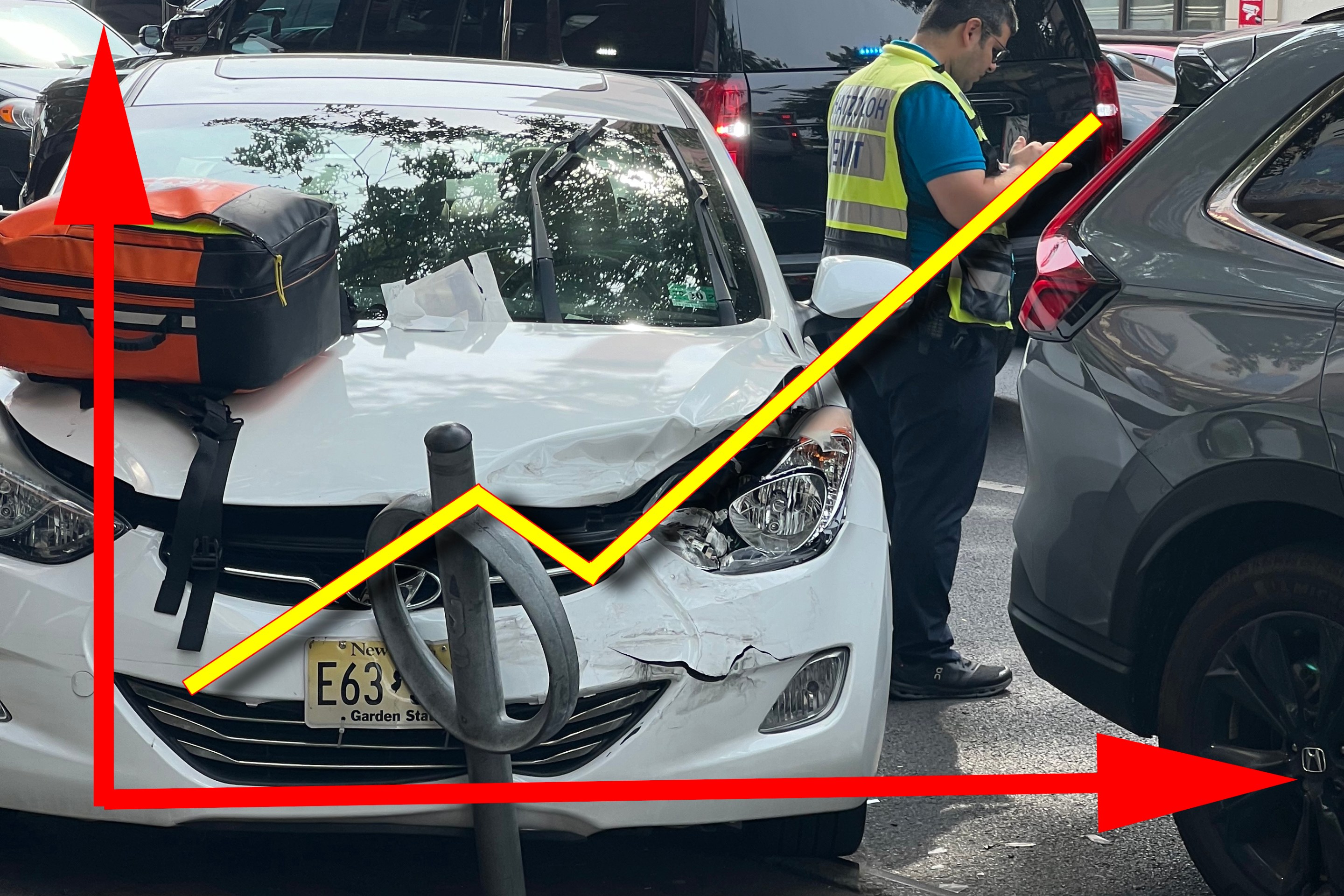Governor Cuomo announced this week that the state Department of Motor Vehicles will make additional traffic violation data available to prosecutors, but it's too soon to tell if the change will help make more cases against dangerous drivers.
A Monday press release from Cuomo's office said prosecutors will in the future be able to obtain information on traffic charges dating back 10 years, even if the original charge was reduced through a plea bargain. Affected charges include violations resulting in license points, drug- and alcohol-related offenses, and aggravated unlicensed operation. The information will be shared so "prosecutors can make more informed judgments when considering a plea for a current driving charge," the press release said.
There were a couple of disturbing points about Cuomo's announcement. One is that this information is only just now being opened up to prosecutors. The second is that drivers are often able to get away with speeding by pleading down to an unrelated charge.
Many times when a motorist goes to court, the original ticket is pled down to a lesser charge. Often this is done because the prosecutor or the court is not aware that the driver has a pattern of dangerous driving behaviors. As an example, it is common practice for courts and prosecutors to allow motorists charged with speeding offenses to plead those charges down to lesser offenses such as parking violations.
In 2010, in town, village, city and district courts, 129,628 speeding charges were pled down from a speeding violation to "parking on pavement." In 2011, 112,996 such pleas were accepted.
A speeding ticket can add three to 11 license points and can result in DMV action against a license, the press release says. while a "parking on pavement" charge carries no license points.
John Kaehny of Reinvent Albany, which advocates for transparency in state government, said the policy change was a positive step, but doubted it would make a difference in the number of prosecutions.
"The question is, how will this work in practice?" said Kaehny. "If it's not totally automated, it won't be used except in the most serious cases. Prosecutors and investigators are not going to make ad hoc requests to DMV for the tens of thousands cases they see. My guess is that this will be used only for building prosecutions against drivers who kill or almost kill."
In 2010, the state's highest court held that prosecutors can use a history of reckless driving as evidence against unlicensed drivers who injure or kill people.
A source in Manhattan District Attorney Cy Vance's office said prosecutors will have direct access to records as needed. While it isn't yet clear how the data will be used to build cases, prosecutors welcomed the news that they will have access to additional information on prior bad acts.
Streetsblog has asked the governor's office for a geographic breakdown of the plea data cited in the press release. We'll file a follow-up story if we hear back.





